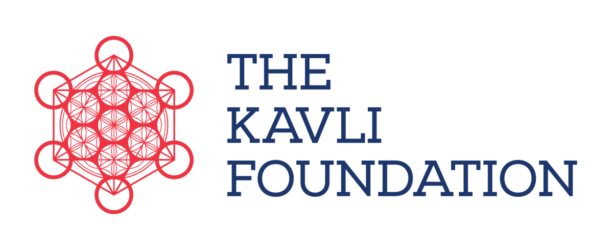Entanglement phase transitions in random stabilizer tensor networks
Time: 10:00am Sep. 13, 2021 (Beijing/Shanghai time)
Zoom Meeting ID:949 559 7503
Password:2021
Meeting URL: https://us06web.zoom.us/j/9495597503?pwd=UFVMUUVxb3pDUHRkWEFQY3MzRjJYUT09
Speaker: Zhi-Cheng Yang (University of Maryland)
Abstract:
We explore entanglement phase transitions in a class of random tensor network models with “stabilizer” local tensors which we name Random Stabilizer Tensor Networks (RSTNs). For RSTNs defined on a two-dimensional square lattice, we find that the one-dimensional boundary state undergoes a transition from volume-law to area-law entangled, when either (a) the bond dimension D of the constituent tensors is varied, or (b) the tensor network is subject to random breaking of bulk bonds, implemented by forced measurements. Upon breaking bonds at random in the bulk with probability p, we find that there exists a critical measurement rate p_c for each $D\geq 3$ above which the boundary state becomes area-law entangled. We further demonstrate the conformal invariance at the critical points and extract universal operator scaling dimensions via extensive numerical calculations of the entanglement entropy, mutual information and mutual negativity at their respective critical points. Our results at large D approach known universal data of percolation conformal field theory, while showing clear discrepancies at smaller D, suggesting a distinct entanglement transition universality class for each prime D. We further study universal entanglement properties in the volume-law phase and demonstrate quantitative agreement with the recently proposed description in terms of a directed polymer in a random environment.
About the speaker:
Education background:
2013 B.S. in physics, Peking University
2019 Ph.D. in physics, Boston University. Advisor: Claudio Chamon
2019-now Postdoctoral Researcher, University of Maryland, College Park
Research interests:
Quantum information dynamics in closed and open quantum systems, non-equilibrium dynamics in many-body systems, quantum computation and simulation on near-term devices, topological phases of matter, and topological band theory.
